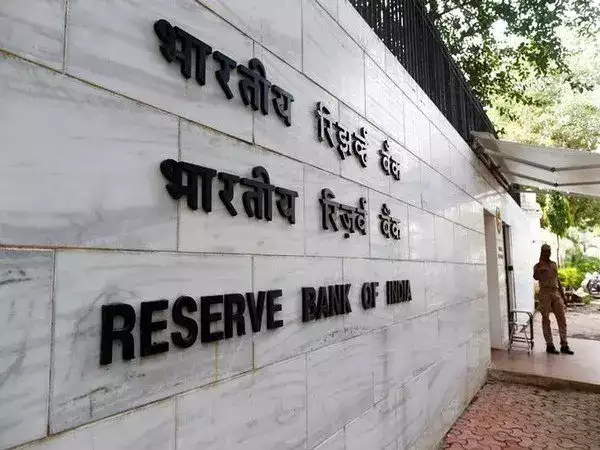RBI’s Vigilance: New Consumer Credit Norms to Bolster India’s Financial Stability amidst Surging Loan Growth
In an effort to address potential systemic risks associated with the rapid growth of consumer credit, the Reserve Bank of India (RBI) has implemented stringent measures impacting both banks and non-bank financial institutions (NBFIs). Fitch Ratings has provided insights into the repercussions of these regulatory adjustments on the financial sector.
The central focus of the regulatory adjustments is to mandate banks and NBFIs to allocate more capital against unsecured consumer credit. Fitch Ratings views these changes as a credit-positive effort regulatory authorities to control emergent risks in consumer credit.
The significant growth of unsecured credit card loans and personal loans banks in the first half of the financial year ending March 2024 prompted the need for preventive measures. The regulatory changes introduce higher risk weightings for both banks and NBFIs, aiming to control this surge in consumer credit.
Fitch Ratings estimates that the measures may lower the common equity Tier 1 (CET1) ratio of the banking system around 30 basis points, with varying impacts on different banks and NBFIs.
However, the overall impact of the regulatory changes is expected to be limited, with entities such as NBFIs witnessing an impact on capitalization ratios, loan growth, and future asset quality. The larger NBFIs are better positioned to negotiate favorable terms with banks, while lower-rated entities could face greater challenges.
The phased implementation of these measures underscores the regulators’ commitment to maintaining financial stability while allowing financial institutions time to adapt to the new norms. As India’s financial landscape undergoes these adjustments, stakeholders are closely monitoring the impact on lending practices, risk management, and overall economic resilience.

